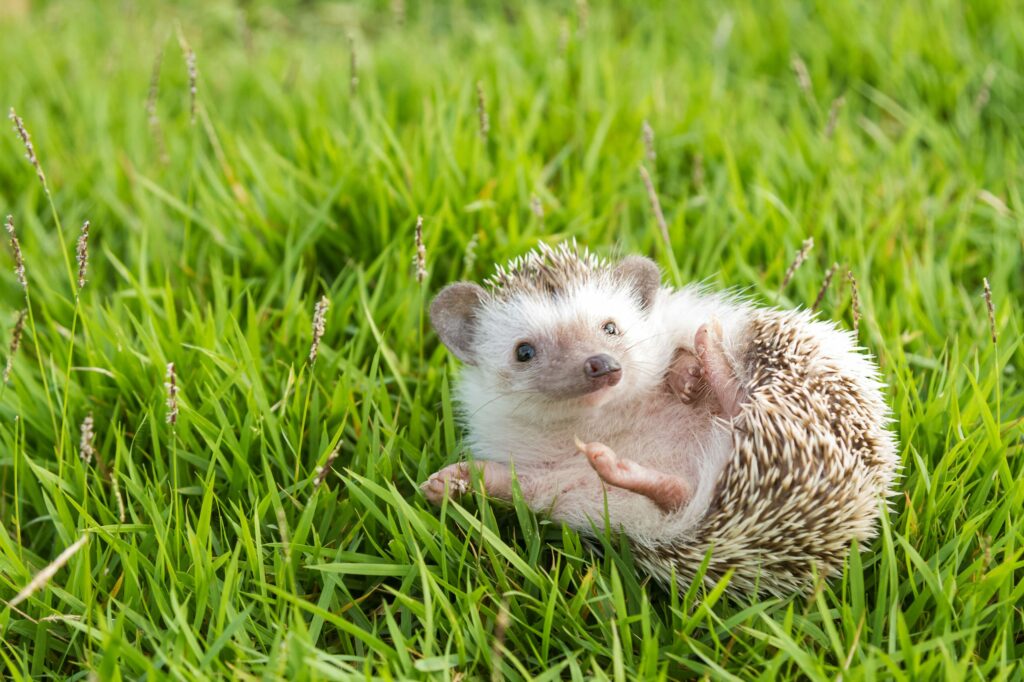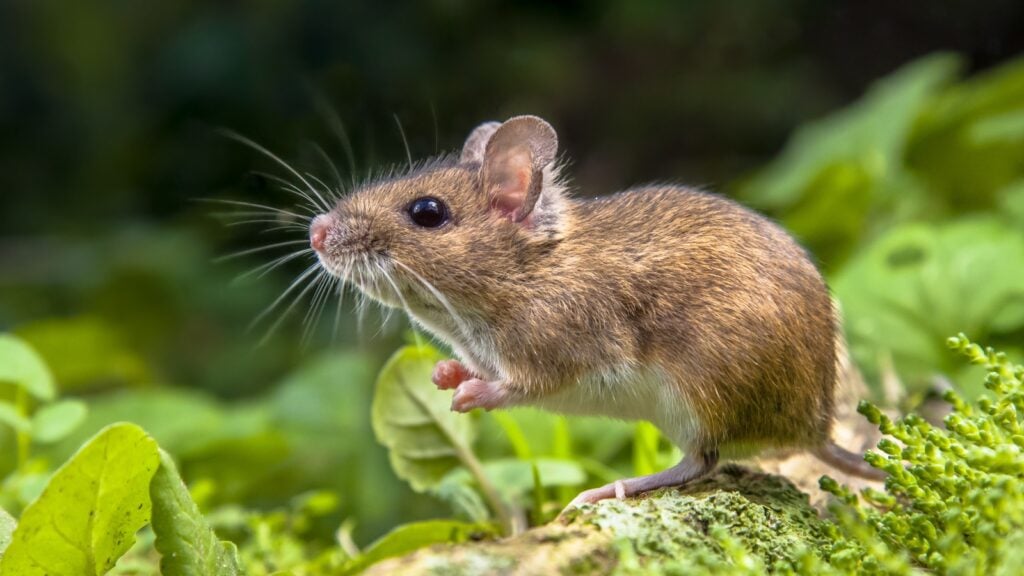Using glue traps to catch mice and rats is set to be banned in England thanks to a Private Members Bill that received unanimous support today in the House of Lords.
Humane Society International/UK (HSI) – an animal rights charity which championed the anti-glue trap campaign, Unstuck – has welcomed the news, naming it a “momentous victory” for wildlife across the country.
What are glue traps, and are they ethical?
Glue traps are pieces of cardboard, plastic, or fiberboard coated with a strong non-setting adhesive, designed to immobilize animals who wander across them.
HSI considers the traps “inhumane” and “indefensible,” since animals who become ensnared in one can suffer from broken or dislocated bones, torn skin, suffocation, vision loss, or if left long enough, dehydration or starvation.
It’s alleged that some animals who become stuck in a glue trap chew through their own limbs in an effort to free themselves.
And it’s not just rats and mice who fall victim to the devices. According to HSI, protected and endangered species including hedgehogs, birds, bats, and pet cats have also been known to sustain injuries, many of which are fatal.

Ban on glue traps
Despite the animal welfare complications, glue traps are widely available in the UK, with many costing as little as 99p. And while the new legislation will not ban their sale, it will be illegal for members of the public, including “pest controllers,” to use one in England without a licence.
Those who violate the new law will be handed a fine and/or up to 51 weeks in prison.
Further, coming upon a glue trap and not checking, without good reason, that it is disabled will also be an offence.
The legislation contains a limited exemption, which will allow those working in “pest” management to apply for a glue trap licence via the Secretary of State. This can only be carried out when there is “no other satisfactory solution,” and when it is necessary for “the purpose of preserving public health or safety.”
HSI/UK executive director Claire Bass – who labels glue traps “crude devices that cause horrific suffering to millions of animals” – hopes the ban will spur on industry changes.
“It is absolutely right that their public use will be banned, and we hope this will precipitate their removal from sale by retailers since it will be illegal for their customers to use them,” Bass said.
“The licensing regime for glue trap use by the ‘pest’ control industry will need to be strictly managed to ensure that these cruel products are no longer casually used with impunity,” she added.
A similar exemption was included in a 2015 glue trap ban in New Zealand, but licences still continued to decline. In fact, there were no licence approvals in New Zealand at all last year.
Chris Packham on ‘compassionate’ wildlife management

Naturalist and vegan Chris Packham was pleased by the news. “When wildlife, like mice and rats, are successful at living alongside humans, we label them ‘pests’ or ‘vermin’ and seem to think that’s a green light to completely disregard their welfare,” he said in a statement.
“Glue traps are a prime example of this. That attitude has to change.”
The presenter added: “I’m delighted that cruel and unnecessary glue traps will now be taken out of public use, prompting a more compassionate and also effective approach to dealing with unwanted wildlife.”
“This law is great news for mice and rats, but also for the many unintended victims who get stuck in the glue, such as delicate birds, grass snakes, frogs, and hedgehogs.”






